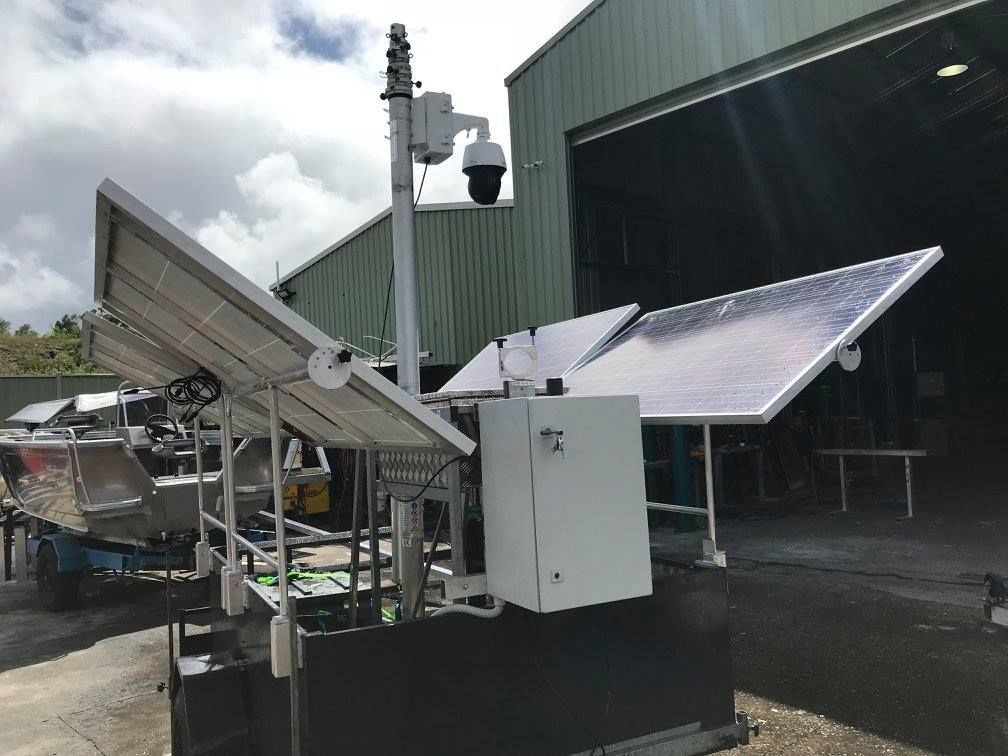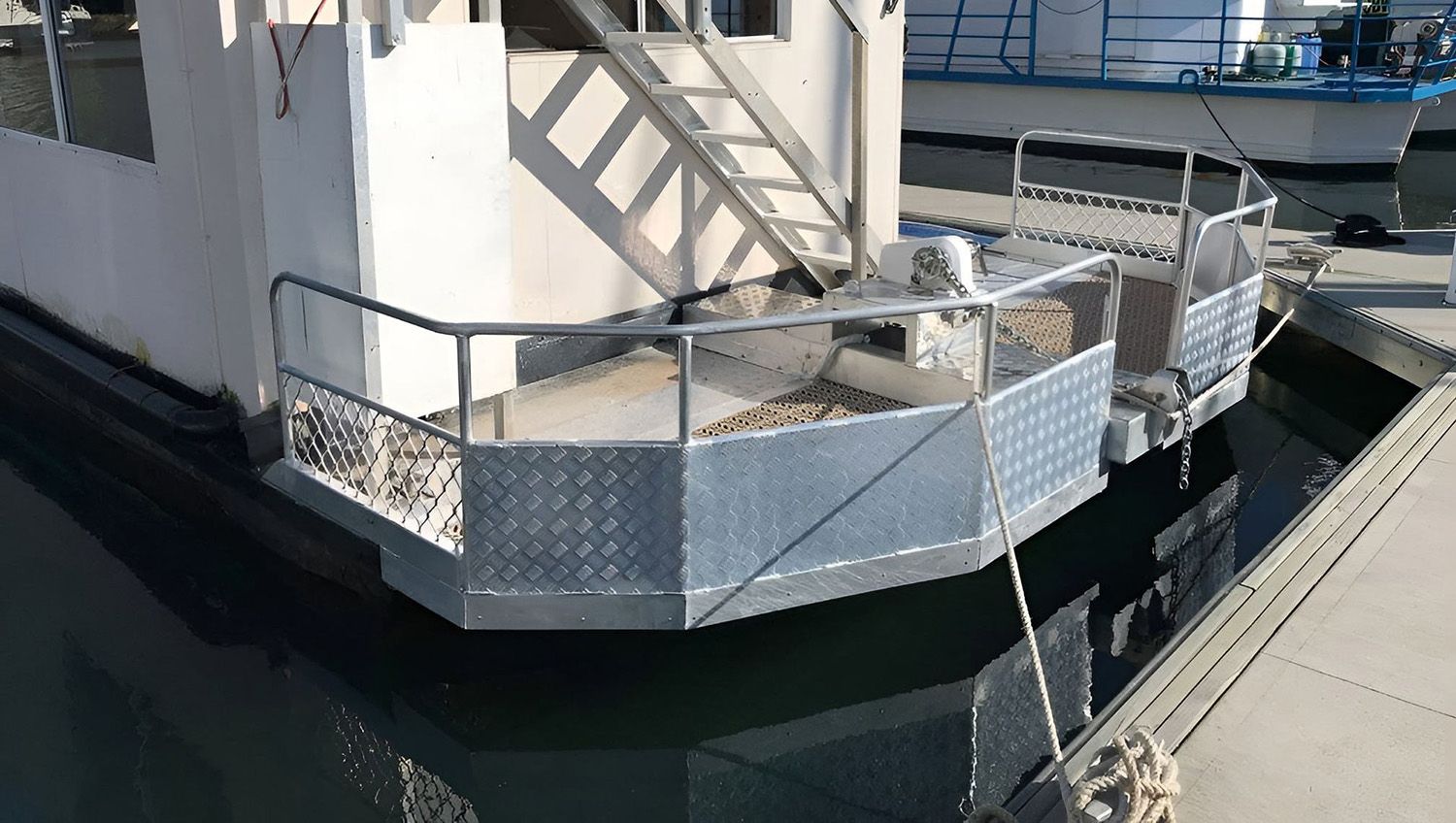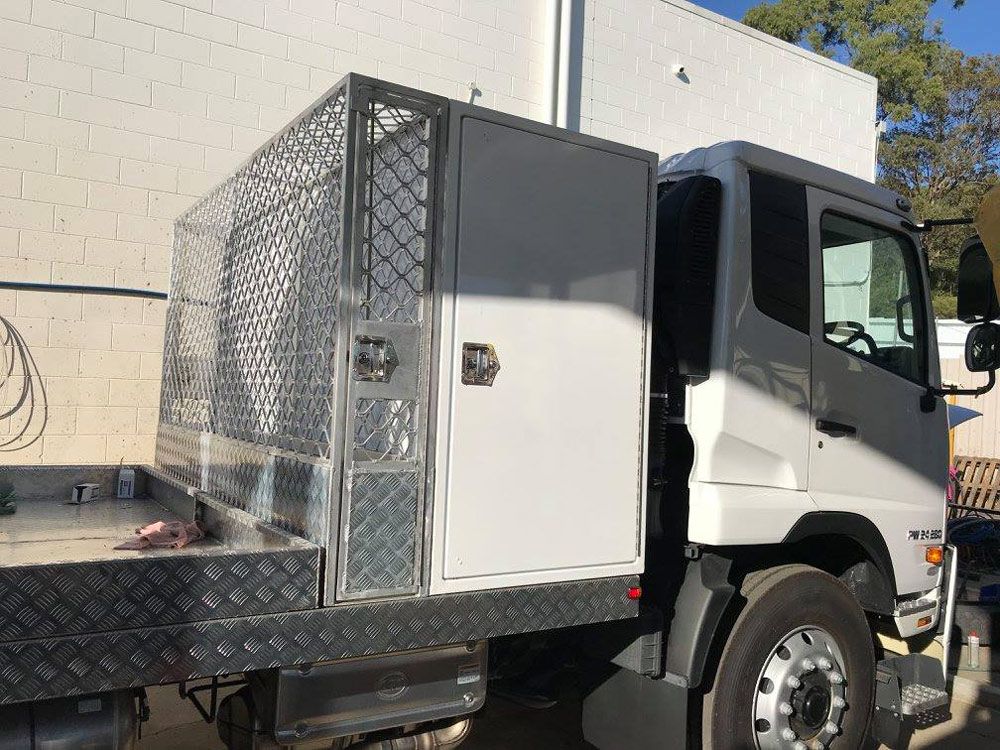Understanding the Difference: Metal Fabrication vs Welding Services
Metal fabrication and
welding are essential processes used across many industries, but they are often mistaken for the same. While both involve working with metal, they serve different purposes and are applied at different stages of a project. Metal fabrication includes creating metal structures, from design to cutting, shaping and assembling materials. Welding, on the other hand, is one step within that process, focusing only on joining metal parts together. Understanding how these services work separately and together can help you choose the right solution for your manufacturing, construction or marine project.
The Broad Scope of Metal Fabrication
Metal fabrication is a comprehensive process that transforms raw metal into finished components or products. It isn’t limited to cutting or bending but includes the entire journey from design through to final assembly. Metal fabrication plays a crucial role in industries where precision, durability, and compliance are essential.
Metal fabrication generally follows a series of stages that include:
- Design and Engineering: Each project begins with detailed plans and 3D models to ensure the end product aligns with client specifications and industry standards.
- Material Selection: The type of metal chosen—stainless steel, aluminium, or mild steel—depends on the project’s function and environmental exposure.
- Cutting: Raw materials are cut into precise shapes using advanced technology, such as plasma cutters, laser cutters, or water jets.
- Bending & Forming: Machines like press brakes manipulate the cut metal into the required angles, curves or structural forms.
- Machining & Drilling: Components may undergo further shaping, drilling or milling to add holes, slots or additional features.
- Assembly & Finishing: Parts are assembled using fasteners or welding, followed by finishing processes like powder coating, galvanising, or polishing.
This end-to-end approach allows fabricators to create everything from heavy-duty marine equipment to commercial fit-outs, structural frames, and custom industrial machinery.
Welding: A Critical Piece of the Fabrication Puzzle
While often considered a standalone service, welding is one of the final and most critical stages of metal fabrication. It focuses solely on combining metal components using heat, pressure, or filler materials.
Welding services provide:
- Secure Joining of Metal Components: Once parts are cut, bent and prepared, welding fuses them into a single, unified structure.
- Specialised Techniques: Depending on the metal type and thickness, welding processes such as MIG (Metal Inert Gas), TIG (Tungsten Inert Gas), stick welding, and flux-cored arc welding are used.
- Structural Integrity: High-quality welds are essential for withstanding loads, vibrations, and environmental exposure, especially in marine and industrial settings.
- Onsite Flexibility: Many welding jobs can be performed on location, allowing for quick repairs, modifications or reinforcement of existing structures.
Welding ensures that fabricated metal structures meet both safety requirements and long-term durability expectations by providing a strong, permanent bond.
Industry Applications: How Fabrication & Welding Work Together
In practical terms, metal fabrication and welding often overlap, particularly on large or complex projects. While fabrication produces the individual components, welding brings them together to form a cohesive structure. On the Gold Coast, these services are used across various industries.
Common applications of metal fabrication include:
- Manufacturing plant equipment and machinery frames.
- Custom marine trailers, pontoons and vessel components.
- Industrial racking, platforms and staircases.
- Commercial fit-outs and shopfront structures.
- Architectural features like balustrades, handrails, and gates.
Common applications of welding services include:
- Marine repairs for vessels, trailers, and dock infrastructure.
- Structural steel assembly and reinforcement.
- Equipment modifications and retrofits.
- Maintenance and repair of machinery and heavy equipment.
- Fabrication of pressure vessels, tanks and frames.
Whether working independently or together, these services contribute to stronger, safer, and more reliable structures.
The Tools & Technology Behind Each Process
Both fabrication and welding require specialised equipment, but the tools used in each process reflect their unique roles. Modern workshops on the Gold Coast combine advanced machinery with skilled operators to produce superior results.
Metal fabrication tools often include:
- CNC laser and plasma cutters for detailed, accurate cuts.
- Press brakes to bend thick steel into precise angles.
- Guillotines for clean, straight cuts.
- Waterjet cutters for materials sensitive to heat distortion.
- Milling and drilling machines are used to shape or prepare parts.
Welding tools & equipment include:
- MIG, TIG and Stick welders for various materials and thicknesses.
- Portable welding machines for onsite repairs and modifications.
- Automated welding systems for repetitive production work.
- Extraction systems to manage fumes and maintain workplace safety.
By investing in advanced technology, metal fabrication businesses deliver consistent, high-quality outcomes across various industries.
Benefits of Using Local Fabricators on the Gold Coast
Choosing a local provider for your metal and steel fabrication needs offers distinct advantages, particularly in coastal and marine environments where corrosion and wear are ongoing challenges.
Advantages of local fabrication services include:
- Access to regionally-suited materials designed to withstand salt air, humidity, and UV exposure.
- Quick turnaround times with no need for interstate or international shipping delays.
- Direct collaboration with the fabrication team to refine designs and address project challenges.
- Easier scheduling for onsite welding or modifications.
- Better after-sales service, warranty support and ongoing maintenance advice.
Working with fabricators who understand the demands of local industries ensures your finished product performs reliably in harsh Australian conditions.
Deciding Which Service You Need
Determining whether your project requires full fabrication, standalone welding, or a combination of both depends on the nature and scope of your build or repair. Both services are usually necessary to achieve a functional and long-lasting result.
You may require metal fabrication when:
- Designing a new product, structure or custom component from scratch.
- Creating complex frameworks or equipment housings.
- Manufacturing high-volume parts for industrial use.
You may require welding services when:
- Repairing damaged metal structures or machinery.
- Modifying or reinforcing existing components.
- Installing prefabricated items onsite.
Consulting with a professional metal fabrication business ensures you receive the correct combination of services to meet your operational and compliance needs.
Reliable Steel Fabrication Services on the Gold Coast: Reach Out
f
At Brumb's Welding & Fabrication, we provide metal fabrication on the Gold Coast that businesses and homeowners can rely on for strength, precision and reliability. With decades of experience and a team of skilled fabricators, we deliver high-quality metal and steel solutions tailored to your needs. Our dedicated team is ready to help you with your metal and steel fabrication projects. Contact us today to discuss your needs or request a consultation.







